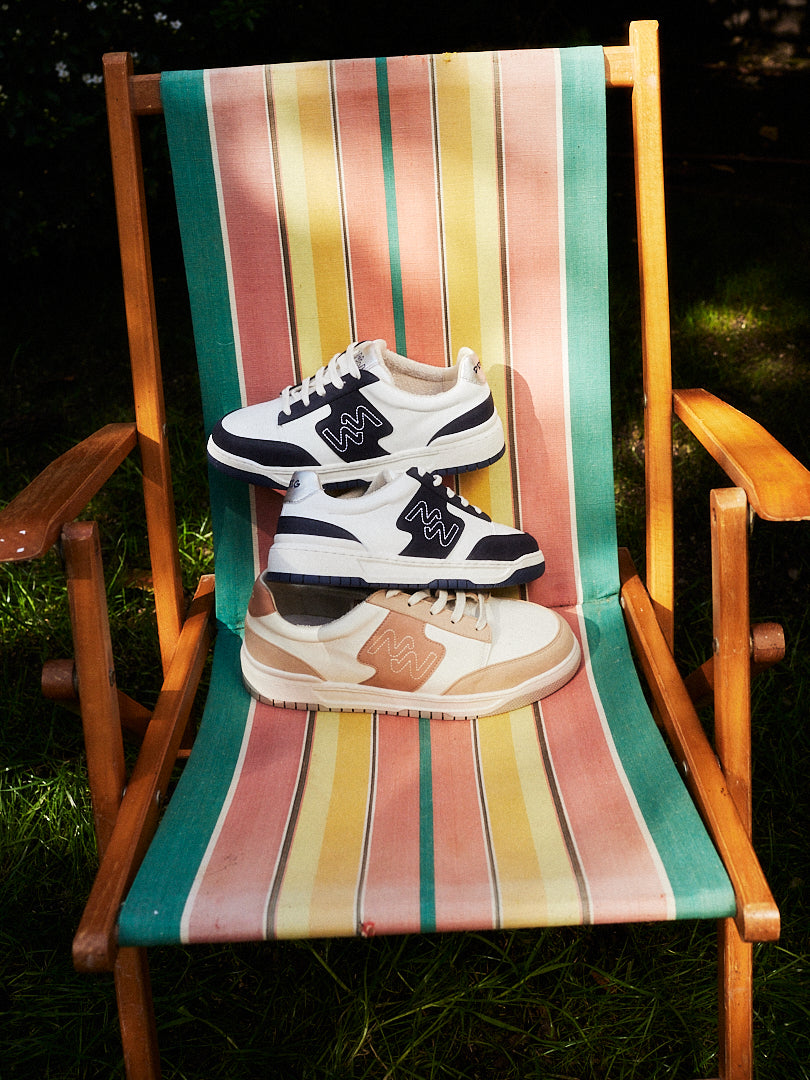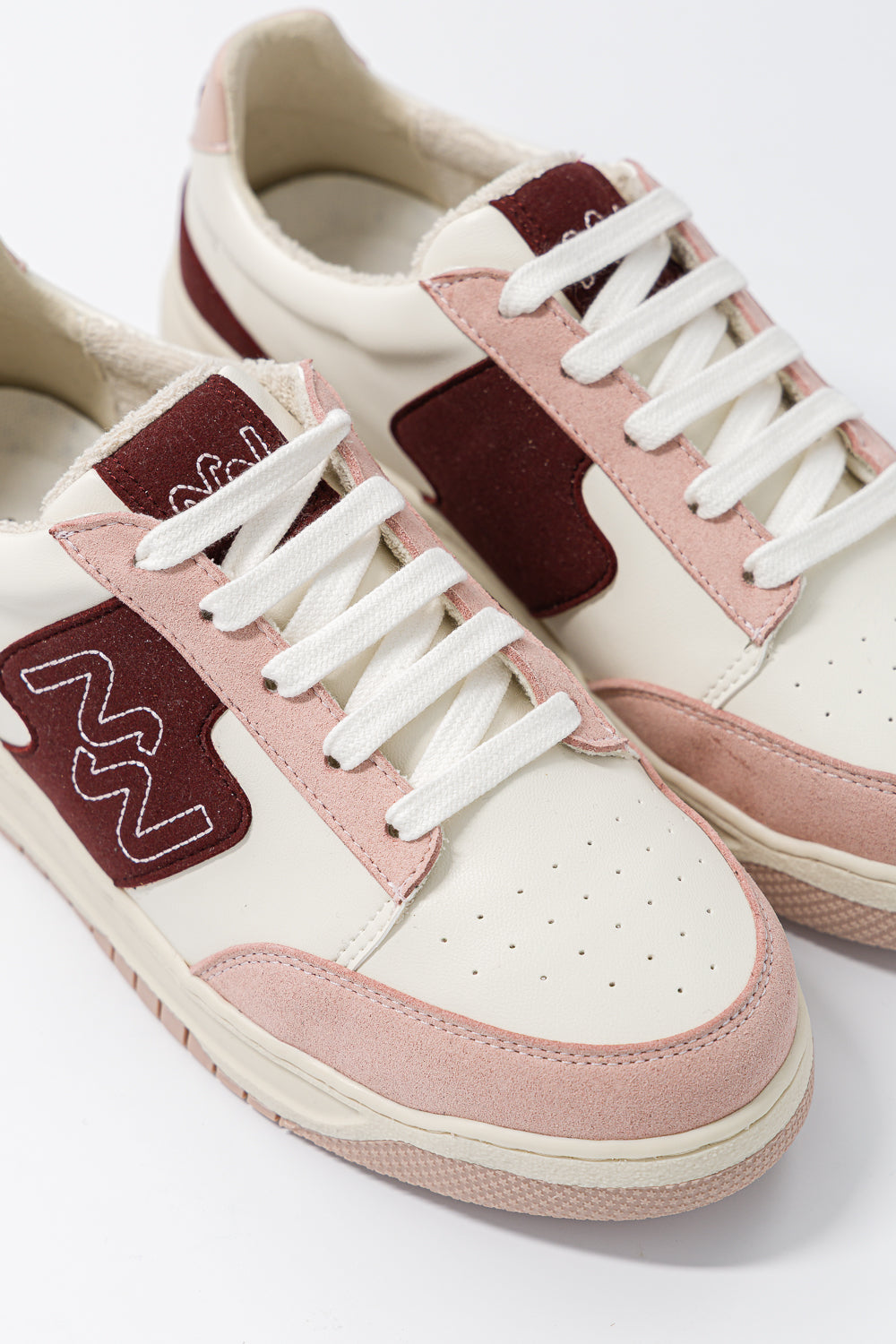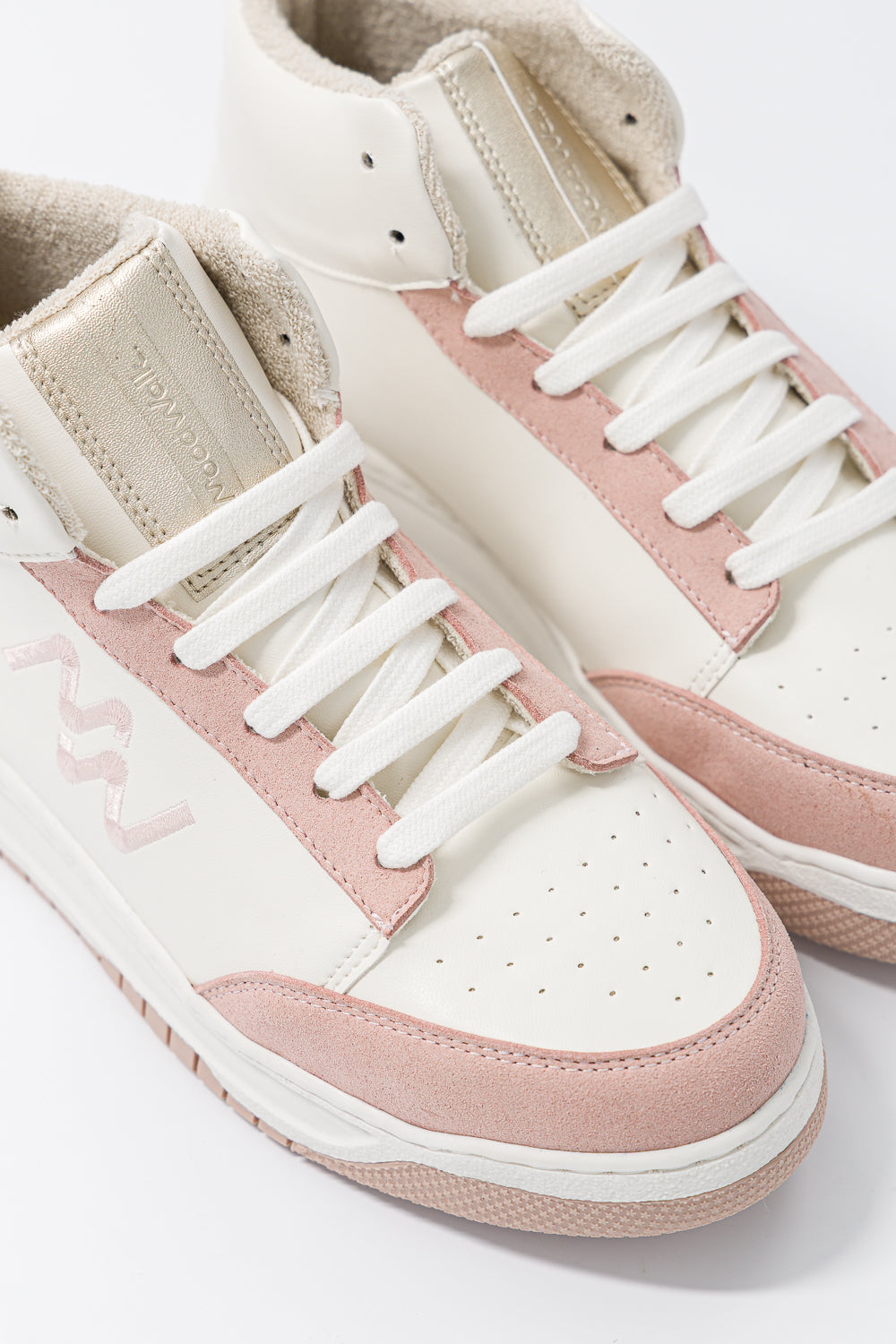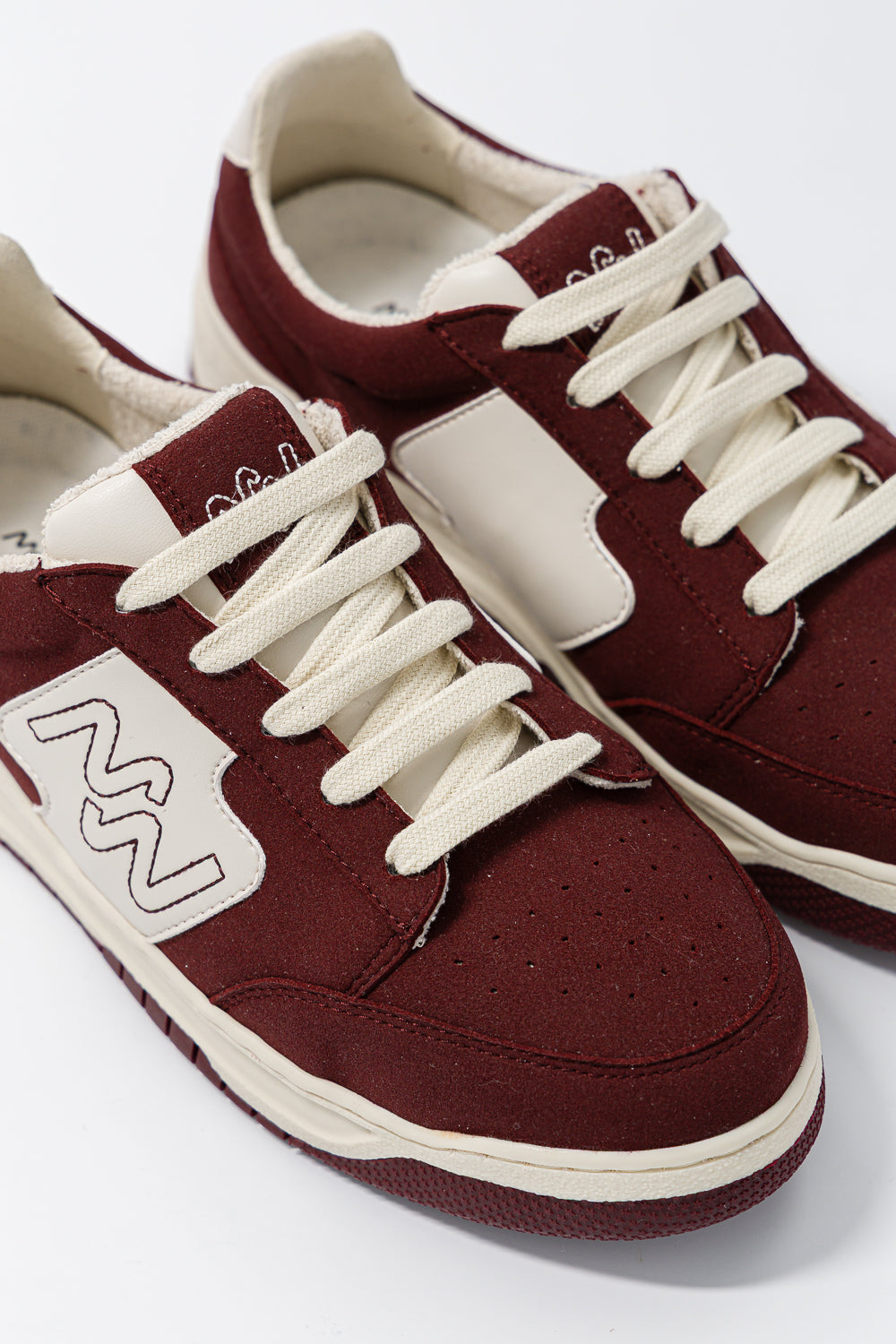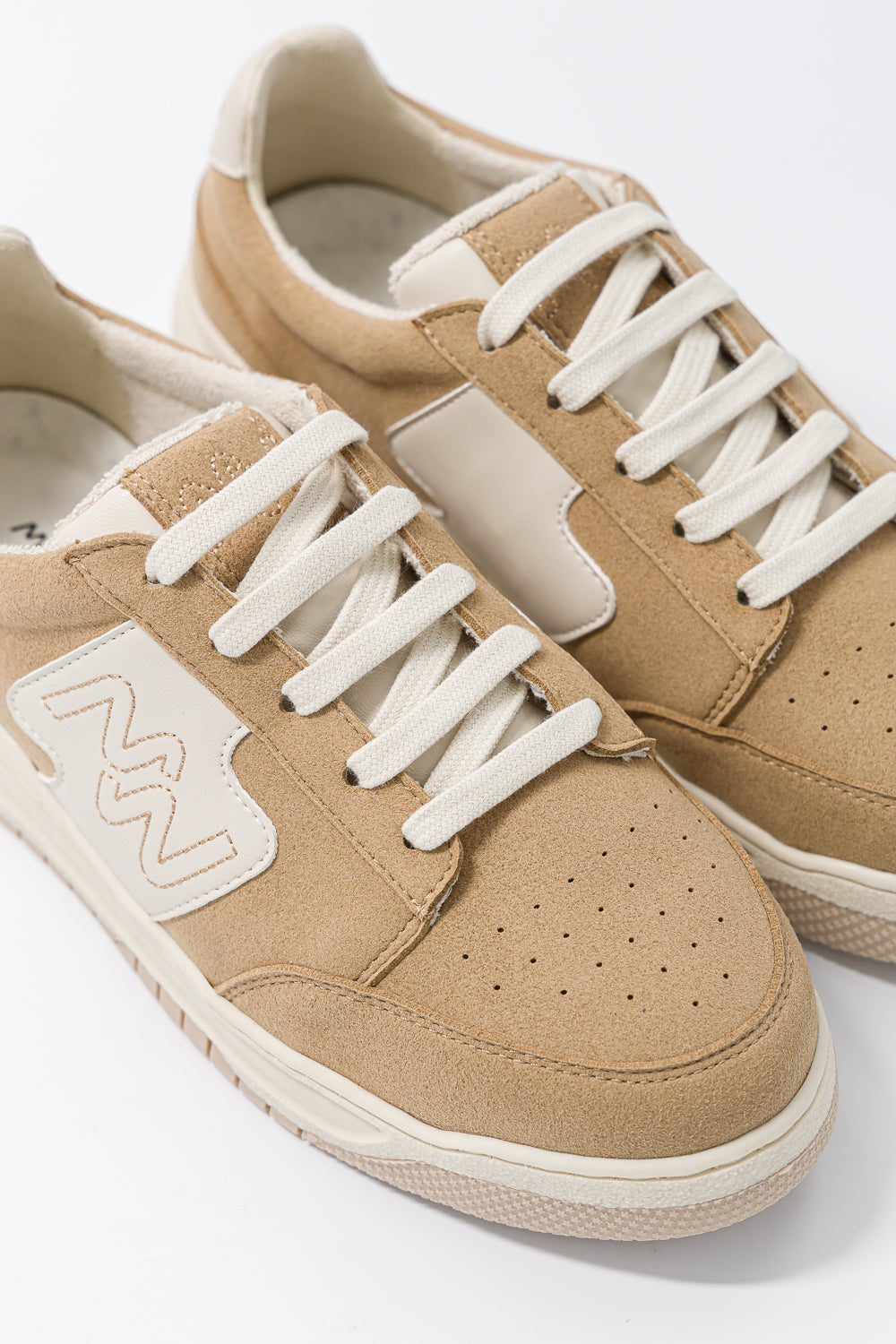Vegan Sneakers: The Ultimate Guide to Eating Better
Faced with the climate emergency and the rise of more conscious fashion, vegan sneakers are emerging as an informed choice. They combine ethics, aesthetics, and sustainability, without compromising on style. But how can you navigate the growing selection of "ethical" sneakers? This guide helps you make the right choices to consume better, with complete transparency.

Why choose vegan sneakers?
To end animal exploitation
Vegan sneakers are designed without any ingredients of animal origin: no leather, no animal glue, no wool or silk. This means that no animals are exploited in the manufacturing process, making them a choice aligned with values of compassion and respect for life.
Today, many innovative materials can replace animal leather without sacrificing aesthetics or durability: corn leather, cactus leather, apple leather, and even recycled microfibers. These alternatives are more ethical, but also often less polluting to produce.
A more sustainable and responsible alternative
Animal leather, in addition to being cruel, is extremely polluting. Its tanning (often using chrome) releases toxic chemicals for both workers and the environment. Conversely, vegan sneakers favor materials with a lower carbon footprint, processes without heavy metals, and a more responsible use of resources.
Furthermore, vegan brands generally adopt a global approach: waste reduction, local production, responsible logistics, recycled packaging... All practices that are good for the planet.

How to recognize a real vegan and ethical sneaker?
Check the materials used
A truly vegan model must be free of any animal materials: no leather, no wool, no animal-derived glue. The most common alternatives in 2025 include:
-
“Corn leather” or pineapple leather (resistant and attractive)
-
Vegan suede (usually made from recycled microfibers)
-
Mesh or recycled textile (soft, breathable, ideal for the inside of the shoe)
-
Natural or recycled rubber (for durable soles)
A good idea: consult the product sheet online, or look for certifications (PETA-approved vegan, Global Recycled Standard, OEKO-TEX, etc.).
Observe the place and conditions of manufacture
An ethical sneaker isn't just a leather-free sneaker. It's also a shoe produced under good social conditions, with attention paid to its environmental impact.
Sneakers made in Europe (Portugal , Spain, Italy) are often a guarantee of transparency, respect for social norms, and recognized expertise. Be wary of labels like "designed in Europe" or "assembled in Europe," which do not guarantee ethical manufacturing if the materials come from Asia under unclear conditions.
Brands to follow and iconic models
The key players in vegan sneakers
In 2025, several brands have established themselves in the responsible sneaker landscape:
-
Mood Walk : French brand producing in Portugal, with innovative materials (corn leather, vegan suede)
-
Midnight on Earth : Elegance and local know-how
-
Veja : Pioneer of the movement, still leading the way in transparency
-
Flamingos Life : A bold sportswear look and Spanish production
-
NAE Vegan Shoes : Wide selection of models for all styles
These brands combine design, comfort and commitment, without compromising on quality.
Consuming better means choosing consciously
Choosing vegan sneakers is an informed choice for your wardrobe and for the planet. It means supporting brands that share your values, that produce with care, transparency, and respect. This guide gives you the keys to making fairer choices without sacrificing your style.
In 2025, consuming better no longer means doing less: it means doing things differently. And that often starts… with what we wear on our feet.





